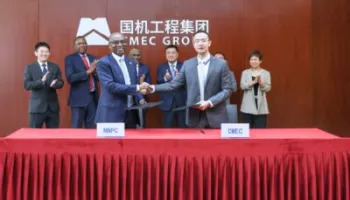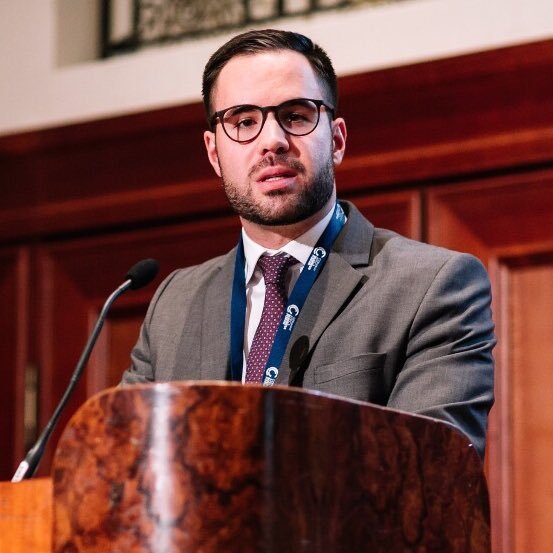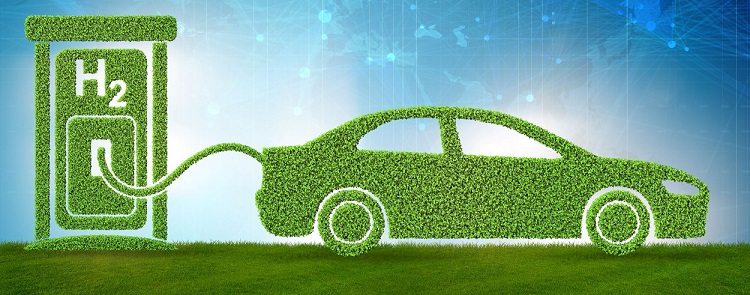The European Union and the German Embassy in Abuja have launched the German–Nigerian Flare4Value project, a major initiative aimed at reducing gas flaring in Nigeria while creating new economic value through gas utilization and clean energy development.
Announced during this year’s Green Diplomacy Week, the project seeks to convert wasted flare gas into productive use, particularly hydrogen, aligning environmental responsibility with industrial and economic opportunities.
Kristina Fuerst, Head of the German–Nigerian Hydrogen Office, described the initiative as a milestone in bilateral cooperation, emphasizing that reducing gas flaring is not only a climate priority but a path to greater energy access and sustainable industrial growth in Nigeria.
Johannes Lehne, Deputy Ambassador of Germany to Nigeria, highlighted that capturing flare gas can power industries and generate electricity, reinforcing that environmental action can drive economic value, job creation and industrial innovation.
Nigeria, currently among the world’s top seven gas-flaring countries, loses billions annually through unutilized gas while contributing to high greenhouse gas emissions. In 2022, over 275 billion standard cubic feet of gas were flared, emitting more than 16 million tonnes of CO₂ equivalent—undermining the country’s Climate Change Act and energy transition goals.
Representing the Ministry of Petroleum Resources, Dr. Vitalis Obi noted that Flare4Value demonstrates Nigeria’s commitment to turning environmental challenges into economic assets. By transforming flare gas into hydrogen and other energy products, the initiative aims to support cleaner industries, create new business pathways and contribute to Nigeria’s Energy Transition Plan.
Implemented under the GIZ H₂-diplo programme, funded by the German Federal Foreign Office and the International Climate Initiative (IKI), the project supports energy diplomacy and promotes the use of green hydrogen in developing countries.
Beyond emissions reduction, EU representative Godfrey Ogbemudia stressed that the project also opens commercial opportunities, enabling industries and small enterprises to benefit from cleaner, more affordable energy sources. For MSMEs, improved access to gas and hydrogen energy could lower operational costs, support local manufacturing and spur innovation in emerging clean-energy markets.
Following a virtual kick-off on 29 September, a study tour to Germany is scheduled for October to connect Nigerian public and private stakeholders with German partners. The project will conclude with a multistakeholder conference in Abuja on 4 December 2025, featuring a B2B exchange platform to foster partnerships between Nigerian and German businesses.
By linking gas flare reduction with hydrogen development, Flare4Value positions Nigeria to turn waste into industrial value, advancing climate goals while expanding economic opportunities, especially for energy-dependent sectors and growing enterprises.










